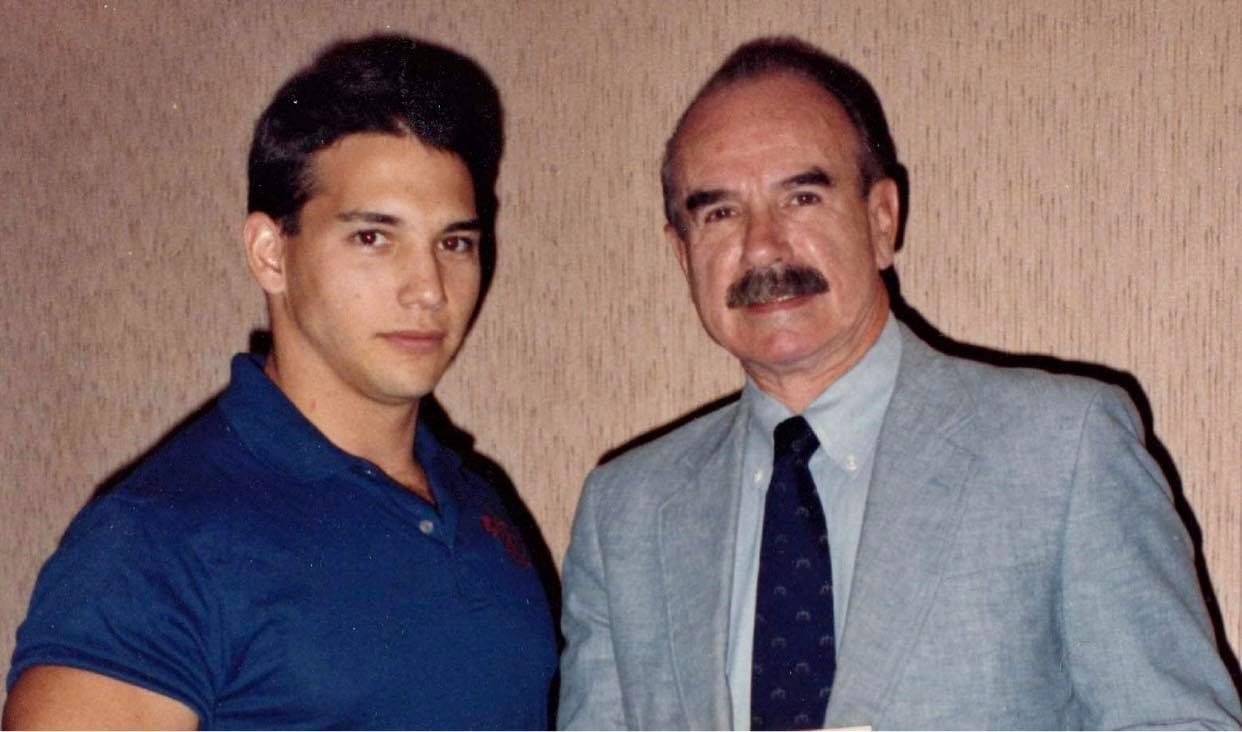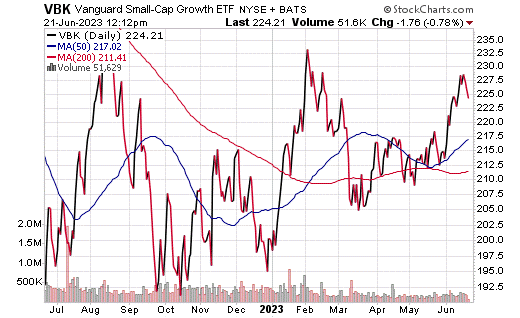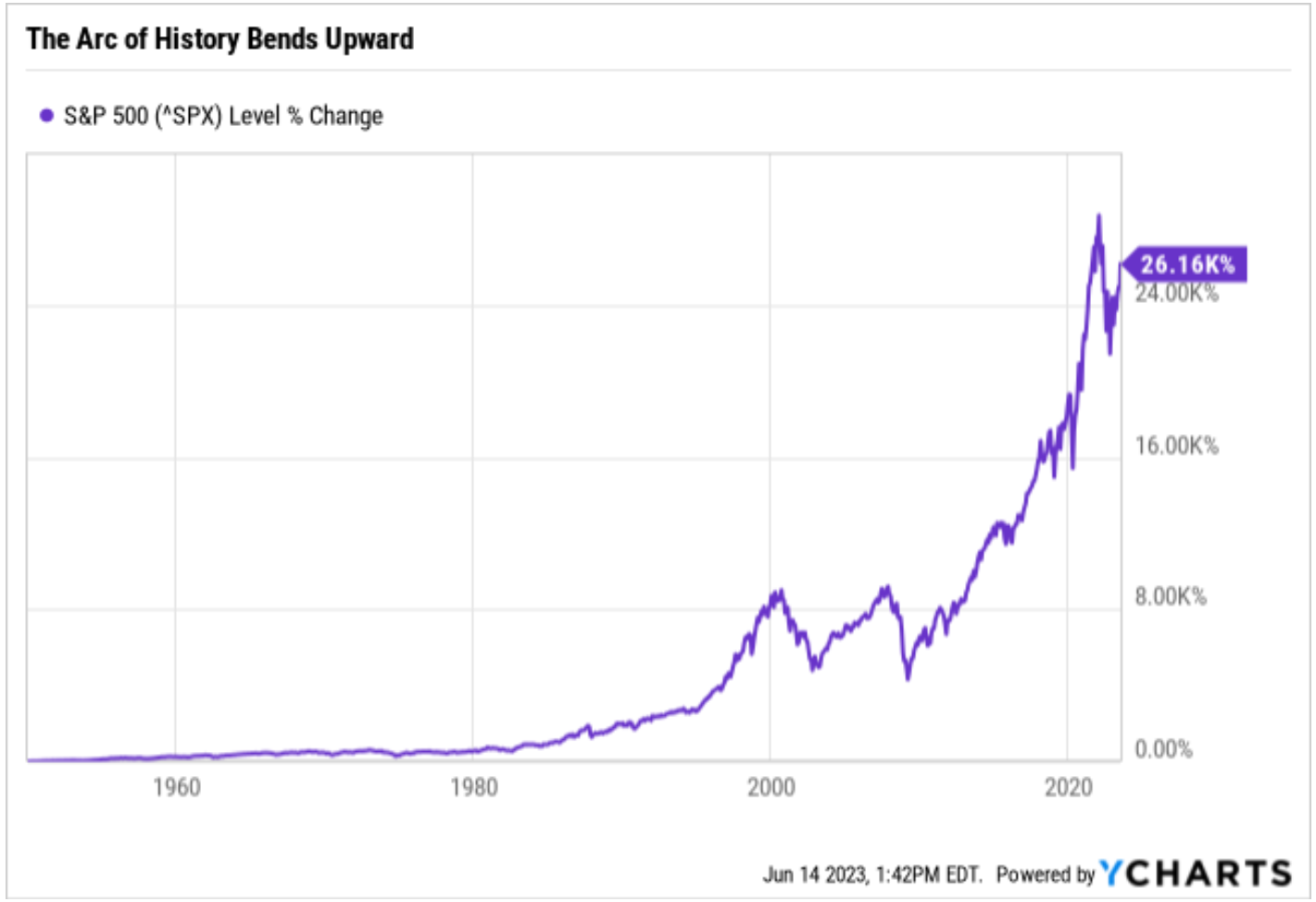My Very Own Watergate Connection
Over the past year, there’s been renewed interest in “Watergate.” Perhaps it’s because of the recent scandals in Washington, or perhaps it’s that our polarized nation is now fascinated with political intrigue. Whatever the reason, proof of the newfound fascination with Watergate can be seen in the recent airing of two TV series that explore this fascinating episode in American political history.
The first series was the May 2022 drama, “Gaslit,” starring Sean Penn and Julia Roberts. I very much enjoyed this Watergate series, as the story centered around Martha Mitchell, the outspoken wife of Nixon administration Attorney General John Mitchell. In May of this year, HBO released “White House Plumbers,” a five-part series starring Woody Harrelson and Justin Theroux that tells the story of how Watergate masterminds, E. Howard Hunt and G. Gordon Liddy, accidentally helped topple the Nixon presidency.
I have yet to watch “White House Plumbers,” but it’s on my to-do list, as I am one of the many Americans fascinated with Watergate and its colorful characters. Yet, my fascination with Watergate isn’t recent. In fact, I have a long, personal history with this subject, one that includes a direct connection to the head “plumber,” G. Gordon Liddy.
In March 2021, I wrote about that connection in this column, largely in memory of a most fascinating man whose life and work fanned a nascent flame of intensity in my youthful soul. So today, I present you that article, because if you are as interested in Watergate as the public seems to be, then I think you’ll also be interested in my very own Watergate connection.
The Influence of an Unlikely Hero
As a youth open to the world’s influence, you never know what will captivate your interest, and what will lead you to the paths you take in life.
It was August 1974 when I, along with the rest of the world, watched then-President Nixon resign from his office in disgrace. And while I was only 10 years old, thinking about that event brings me right back to the Southern California suburban home where I grew up, and right to the scene of my family watching our RCA console TV and, astonished, taking in the historic moment.
A few years later, I began to read about this still-fresh historical wound on society, and I started exploring the reasons why the president had resigned (rather than undergoing the indignity of being impeached and removed from office). At the heart of that resignation was, of all things, a burglary. Specifically, it was one of the most famous burglaries in American history, the crime known as the Watergate burglary.
In reading about Watergate, one quickly comes to learn the name G. Gordon Liddy.
Gordon Liddy was one of the key figures in the scandal, because he was the person who basically organized, planned and sent his team of former intelligence industry operatives into the Watergate complex to bug the Democratic Party headquarters in June 1972.
On March 30, 2021, George Gordon Battle Liddy died. He was 90 years old.
So, what’s so important about G. Gordon Liddy, and why am I writing about him today?
Well, because G. Gordon Liddy helped shape my mind. He also helped me forge my own will, and he helped me become the man I am today. Let me explain.
In 1976, “Will: The Autobiography of G. Gordon Liddy” was published. My father told me that he heard that the book was very interesting, so he purchased it for himself. But I had the habit of beating my father to the punch when it came to reading, so I grabbed his copy of “Will” and read it before he had the chance.
This book was a huge eye opener for me. Not only was it a fascinating tale of politics and intrigue during that time, it also was the story of how G. Gordon Liddy took control of his own destiny and basically created the man he would become (for better or for worse).
As I read Liddy’s book, I was mesmerized by the story of his personal transformation “from a puny, fearful boy to a strong, fearless man,” as he writes it. This transformation took place via a regime of intense exercise and physical bravado, including capturing, killing and then eating rats. He did this to overcome his fear of rats, so that now, the rats would fear him!
This overcoming of fear really resonated with me as a youth, and I sought out to do the same thing in my life. No, I never ate a rat, but I did decide to confront the local bully at my junior high after reading Liddy’s book. Although this bully was substantially larger than me, he crumbled when I punched him in his ugly mouth. Yes, I can still picture the bloody, busted lip and the tears on his cowardly face. From then on, he feared me.
Fast forward some 14 years, after high school, after college and just as I was leaving the U.S. Army, I had the pleasure of not only meeting G. Gordon Liddy, but of also actually working alongside the man.
Liddy was setting up an academy where he would train security people in executive protection, firearms, military and intelligence operations and hand-to-hand combat. Through some mutual acquaintances, I was brought to Liddy’s attention to see if I could help with the project as one of the instructors.

Your youthful editor with Watergate icon G. Gordon Liddy.
The photo here was my first meeting with “Gordon,” as he liked to be called. One of the most interesting conversations we had was about a project he planned to call “Hurricane Force.” It was to be a private security force made up of former special operations personnel, and it would conduct operations such as child kidnapping recoveries and other “high-risk ops” where law enforcement wouldn’t or couldn’t intervene.
I never participated in Hurricane Force, and I don’t really know if anything came of it. But just the idea of being considered for a private special ops force was supremely interesting to me, especially when talking to G. Gordon Liddy about it over drinks at a Miami hotel.
The more important takeaway here is that in life, sometimes you are influenced by an unlikely hero. Sometimes that hero is less than 100% good. After all, Liddy’s attempted subversion of the 1972 election is not something I endorse. And I don’t endorse criminal behavior such as burglaries, or break-ins or any of the other crimes Liddy was convicted of.
I do, however, endorse the man’s mindset, which cultivated an iron will strong enough to abide by principles in life, principles that Liddy would not abandon even at the price of going to prison.
Sure, he could have testified against his co-conspirators and likely gotten a much-reduced sentence, or no sentence at all, for his role in the Watergate burglary. But what he chose to do was live by his convictions, convictions that told him if you engage in an operation with others, you never give up those others just to save your own tail.
Stated more colloquially, you never “rat” on your friends. Instead, you eat the rat, and make him fear you.
R.I.P., Gordon, your influence will remain with me always.
***************************************************************
ETF Talk: Growing Back Into Small-Caps
As my readers know, I am a strong supporter of the importance of communication with our loved ones and the fellow human beings that we share our planet with, as this is really the only way to live life to its fullest.
Indeed, when investors come up to me at investment conferences, I am happy to answer their investing-related questions. One of these is whether small-cap stocks or large-cap stocks are a better investment to secure your financial future.
Adherents of the “large-cap-stocks-are-better” theory point to research by Jennison Dryden, indicating that investors are quicker to flee small-cap stocks for more stable large-cap stocks at the first sign of economic trouble. After all, small-cap stocks tend to be more volatile and can be strongly affected during times of market turbulence, particularly when the market is not doing well or when investors flee growth stocks for value stocks.
At the same time, growth-stock aficionados mention that small-cap stocks are often the first to bounce back during an economic recovery. One cause behind this is that small-cap companies can shift physical and economic resources more rapidly than a large corporation, enabling them to react more quickly to economic changes.
One way to generate profits from small-cap stocks is through the exchange-traded fund (ETF) Vanguard Small-Cap Growth ETF (NYSEARCA: VBK). While this fund should be familiar to my Successful Investing subscribers (and if you aren’t one, why not?), there are still some points about the fund that are worth mentioning.
The fund tracks a Center for Research in Security Prices (CRSP) index that focuses on growing small-capitalization companies within the United States. The index in question uses metrics such as three-year historical growth in earnings per share (EPS), growth in sales per share, current investment-to-assets ratio and return on assets to place small-cap stocks into different baskets. Securities then receive a rank and a weighting based on these factors.
Top holdings in the portfolio include Mutual Fund (Other), Fair Isaac Corp. (NYSE: FICO), Entegris, Inc. (NASDAQ: ENTG), Targa Resources Corp. (NYSE: TRGP), Exact Sciences Corp. (NASDAQ: EXAS), PTC Inc. (NASDAQ: PTC) and Liberty Media Corp. Series C Liberty Formula One (NASDAQ: FWONK).
As of June 6, 2023, this fund has been up 4.63% over the past month, up 9.11% over the past three months and up 12.86% year to date.
This ETF has total net assets of $14.33 billion and an expense ratio of 0.07%.

Chart courtesy of StockCharts.com.
While VBK is a way to ride the wave of small-cap growth stocks, investors should be aware of the risks associated with investing in such a fund and always do their due diligence before adding any stock or fund to their portfolio.
As always, I am happy to answer any of your questions about ETFs, so do not hesitate to send me an email. You may just see your question answered in a future ETF Talk.
*****************************************************************
In case you missed it…
Rejecting Waco Market Mavens
I recently watched the television miniseries “Waco,” which was a dramatized exploration of the 51-day standoff that took place in 1993 between the FBI, ATF and the “Branch Davidians,” a religious cult led by the messianic and self-proclaimed “Lamb of God,” David Koresh. I highly recommend this show, as it was an intensely interesting examination of what happens when very bad delusory ideas collide with incompetent and overreaching government use of force.
The way I see this sad episode in American history is that both sides of this conflict were at serious fault, and the result was bad for the Branch Davidians, the government and, ultimately, every American. Indeed, in the follow-up series, “Waco: The Aftermath,” (which I also recommend) we learn how the events at the Branch Davidian compound were the genesis of the horror that was the Oklahoma City bombing by Timothy McVeigh.
Watching the “Waco” series and the fervent and emphatic end of times prophecies that David Koresh preached reminded me of many of the wild, hyperbolic and fear-focused marketing prognostications in my own industry, the financial newsletter/advice business. You see, when you want someone to buy what you are selling, one very good way to do this is to aggressively scare them into action.
You know the promotions I’m talking about. “The End of America” by one of my rival publishers is perhaps the best-known example of this, but there are many others. I call these promos, and those who advocate for them, doom-and-gloom merchants, but I think a better term for them is “Waco market mavens.”
These Waco market mavens want to convince you that the world is about to end, and that you are going to lose all of your money — and that the only thing that can save you from financial Armageddon is to cough up a couple of hundred dollars a year for their publication.
Ok, before we go on, I understand the appeal of such dire predictions. I mean, doesn’t everyone fear an end-of-the-world scenario where civilization collapses, money is no longer of any use and people resort to pillaging others and eating one another’s flesh to survive? This is the ultimate fear, and it is why so many books, films and TV series are created to dramatize this kind of dystopian world. The best of this genre from a literary standpoint is Cormac McCarthy’s “The Road.”
Yet, while a dramatization of these fears might be good subject matter for fiction, it is absolutely NOT a way to invest in the equity markets.
Fear of loss might be a way to get you to buy someone’s advice, but if that advice is for you not to invest in the greatest wealth-building mechanism ever devised, then you are simply a sucker that’s fallen prey to bad ideas. Another way to put it might be you’ve been seduced by the likes of a financial David Koresh.
Think about this: What end times prognostication, or what doom-and-gloom financial prediction, has ever come to pass?
The answer is… none.
We currently live in the most prosperous, safest and healthiest time the world has ever seen. And if you don’t believe me, check out the work of Harvard psychologist Steven Pinker in his seminal book, “Enlightenment Now.” As for things in the financial markets, stocks now are quicky approaching all-time highs on the S&P 500 Index.
Perhaps a visual here will make my point even more forcefully. Take a look at the S&P 500 since 1950. As you can see, the arc of history bends upward, and no matter how closely you look, I defy you to locate Armageddon on this chart.

Now, is this to say that markets always go higher? Of course not. Bear markets are real, and, in my nearly 30 years in this business, there have been some very destructive periods of market selling. This reality must be respected, but it also must be accepted as part of the cost of doing business.
Yes, markets, to be commanded, must be obeyed. In fact, “Markets, To Be Commanded, Must Be Obeyed,” is the actual title of one of my presentations at the upcoming FreedomFest conference next month in Memphis, Tennessee. So, I don’t want you to think that I’m bullish all the time. That would be as equally bad an error as the one made by the doom-and-gloom Waco market mavens, albeit in the opposite direction.
Yet, what I want you to take away from my thoughts here is that listening to the merchants of fear is a prescription for paralysis — not just in terms of your money, but in terms of your life and your happiness.
If you want to live a wealthy life, not just fiscally but also psychologically, emotionally and intellectually, I behoove you to reject the Waco market mavens and embrace the reality of a benevolent universe. Much more happiness, truth, beauty, wisdom and wealth will come to you that way.
*****************************************************************
One True Heroism
“There is only one true heroism in the world: to see the world as it is, and to love it.”
— Roman Rolland
It’s difficult enough to see the world as it is. It’s even more difficult to see the world as it is and still love it. Yet, the cold, hard truth of existence is that no amount of lamentation will change the world one iota. The only thing that can change your world is your own actions. And the only way to do that is to put to best use the only tool of survival that you possess as a human — your rational faculty.
Wisdom about money, investing and life can be found anywhere. If you have a good quote that you’d like me to share with your fellow readers, send it to me, along with any comments, questions and suggestions you have about my newsletters, seminars or anything else. Click here to ask Jim.
In the name of the best within us,

Jim Woods


